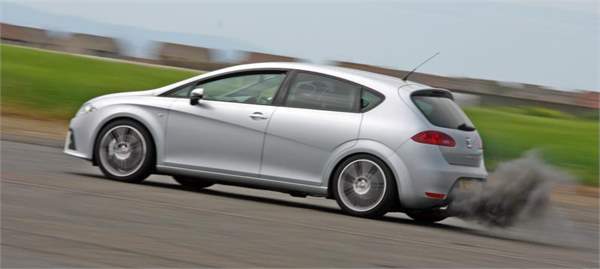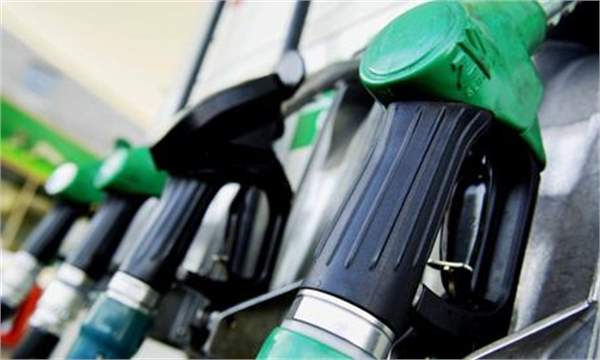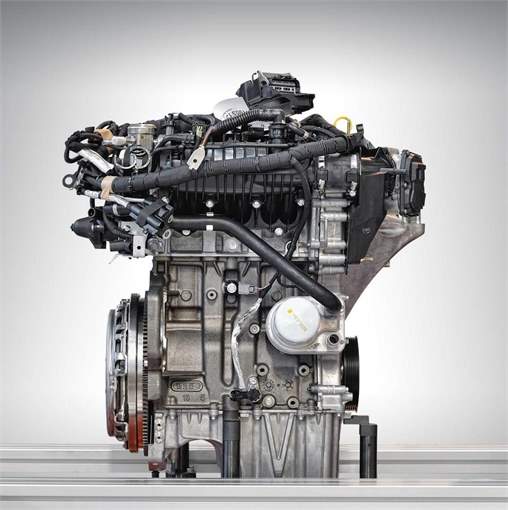Should I buy a new Petrol or Diesel car? It's a question that isn't asked frequently enough, although
we have broached the subject before. Ever since the criteria of motor tax changed to become emissions-based in 2008 the Irish car-buying public has become full-on diesel converts. It was hard not to in fairness; popular models like BMW's 520d became almost €9,000 cheaper to buy overnight, as well as cheaper to tax. At the same time car makers were producing cleaner-running and more refined diesel units that were far from the old image of rattling engines billowing plumes of black smoke out of the exhaust.

So it’s not surprising that over the last few years the ratio of petrol to diesel car purchases has plummeted. The heady days of 2007 saw petrol engines command a 70.9 per cent share of the passenger car market versus 27.9 per cent diesel. Jump forward seven years to 2014 and diesel power commanded a whopping 73.5 per cent share of the market, whereas petrol made up just 25.1 per cent (the remainder being electric).
The big question is: do close to three quarters of new car buyers really need a diesel vehicle? In short, no. At the crux of this is driving habits, and the key benefit of modern diesel engines is to deliver economical performance for drivers covering high levels of annual mileage. The last few words of that sentence are crucial here. Given that the diesel version of a popular model can cost between €2,000 to €3,000 extra to buy, and at the time of writing this the price difference per litre of petrol and diesel is less than three cent, the average motorist would need to do a serious amount of driving to see a return. Or keep their car for a very long time.

Add into the mix the fact that 94.1 per cent of all cars sold (including petrol models) now fall into motor tax Bands A and B, which covers a difference of just €160 between the cheapest and most expensive (B2), and you need to further question the argument for diesel being the more economical form of motoring.
If you’re planning a diesel purchase, have you asked yourself why exactly are you getting one? Have you really done the maths? Have you been told by your mate who knows everything about cars to buy one? Or did the salesperson tell you it’s the best thing to buy? Either way, if you do 15,000km or less each year, you need to seriously consider swimming against the tide and buying a petrol model, especially if very little of that is at motorway speeds. You'd be mad not to - in spite of what most buyers are doing.

Ford's diminutive turbocharged 3 cylinder, 1 litre ecoboost engine packs a healthy 123bhp & 170nm. The engine block is smaller than a sheet of A4 paper!
You see, petrol cars in 2015 aren’t like petrol cars in 2005. Downsizing of engines, combined with turbocharging means that, although the cubic capacity might be lower, the engines can still pack enough of a performance punch to adequately deal with day-to-day life. On top of all that, turbocharged petrol cars can be so much more satisfying. They're usually much quieter and smoother with little or no vibration through the pedals and steering wheel, they generally have a broader usable power band than their diesel equivalents and, for those of you that care about such things, they can sound far more interesting.
The other often surprising aspect of these modern petrol engines is how frugal they can be. Returning 4.5 litres per 100 kilometres (that’s 62mpg in old money) or better is not uncommon these days. Granted these figures are more likely to be seen coming from smaller cars rather than seven-seat SUVs, but even so, popular models like the Ford Focus are now being offered with 1.0-litre turbocharged petrol engines. And they feel like much larger engines to drive.
Petrol engines not only can cost less to service annually, but there is less emissions-related hardware attached and therefore less to potentially go wrong. If you have a diesel engine and never drive on the motorway or over longer distances for example, there’s a greater likelihood that you may experience problems with it down the line. "Ah, but my new diesel car will be covered under warranty", we hear you say. Not necessarily. If you’ve not driven the car faster every so often to enable to the diesel particulate filter (DPF) to build up enough temperature to burn off excess soot, the resultant fault could leave you out of pocket as deep in the small print of most owners' manuals it will tell you to do just that. This could leave a car maker perfectly within its rights to not cover the costly repair under warranty.

So, between the higher purchase prices, potentially expensive service and repair bills and the lengthy amount of time needed to break into the getting-value-for-money bracket, are you still lusting after that diesel-powered car? Sure, they may have stronger resale values right now, but we don't expect that to continue. Oh, and isn’t it annoying when you get diesel all over your hands at the fuel station pump?